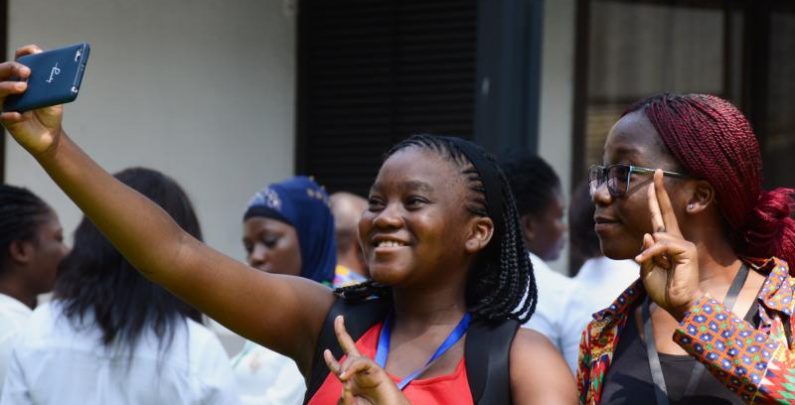How are girls Affected
Girls with disabilities experience greater exclusion and injustices as a result of their disability and gender.
They are less likely to go to school and are often considered a burden on the family because they are seen as a non-productive member of society.
Providing these girls with an education that meets their needs can play a fundamental role in addressing the root causes of the discrimination they face.
Tot, 18, from Cambodia was born with one arm. With support from Plan International she was able to stay in school. Now she teaches English to younger children in her community and hopes to go to university. “I love teaching English,” she says. “I’m much more confident.”








